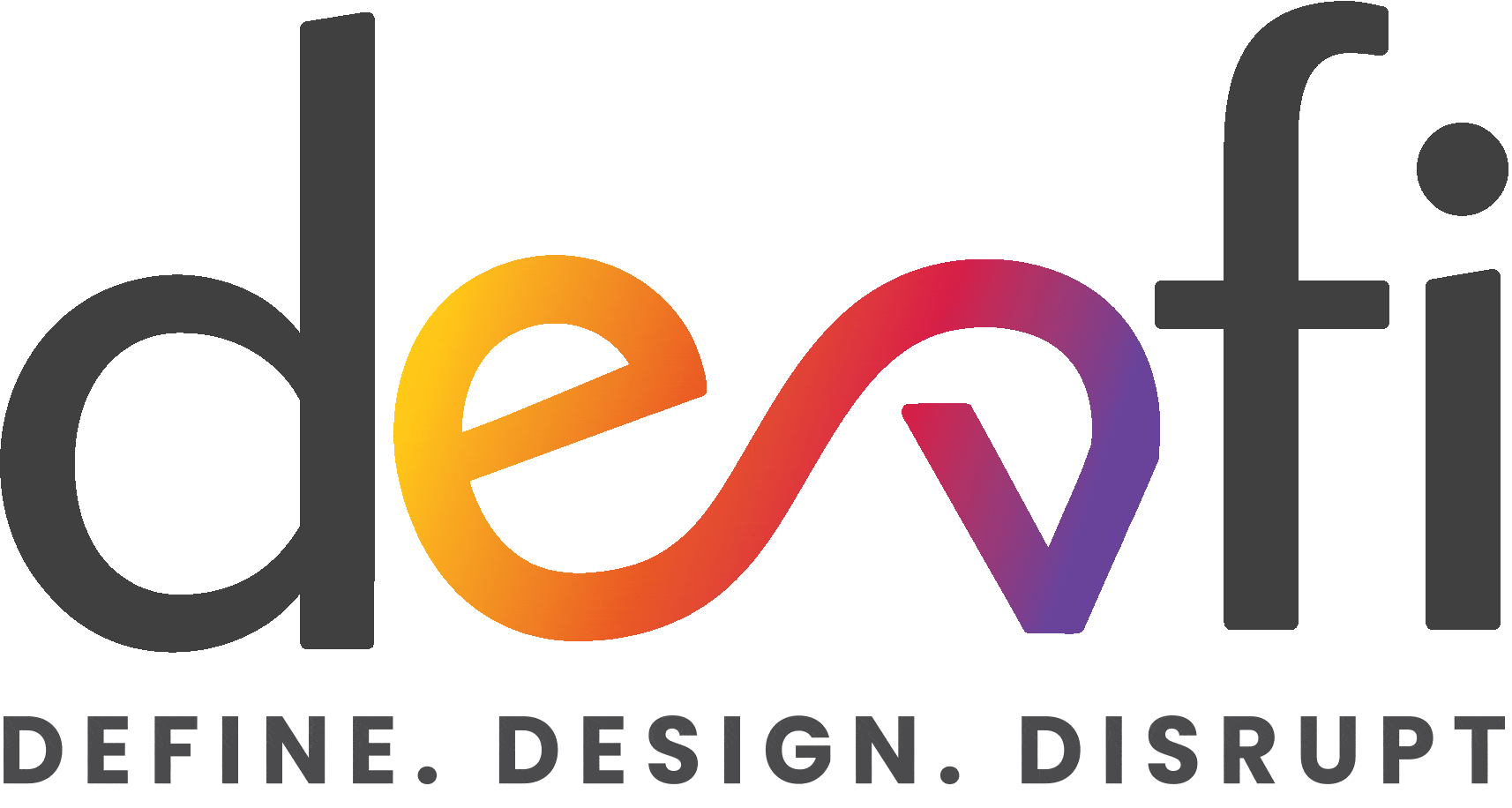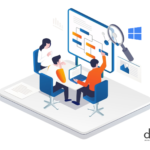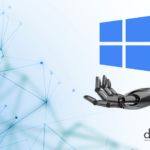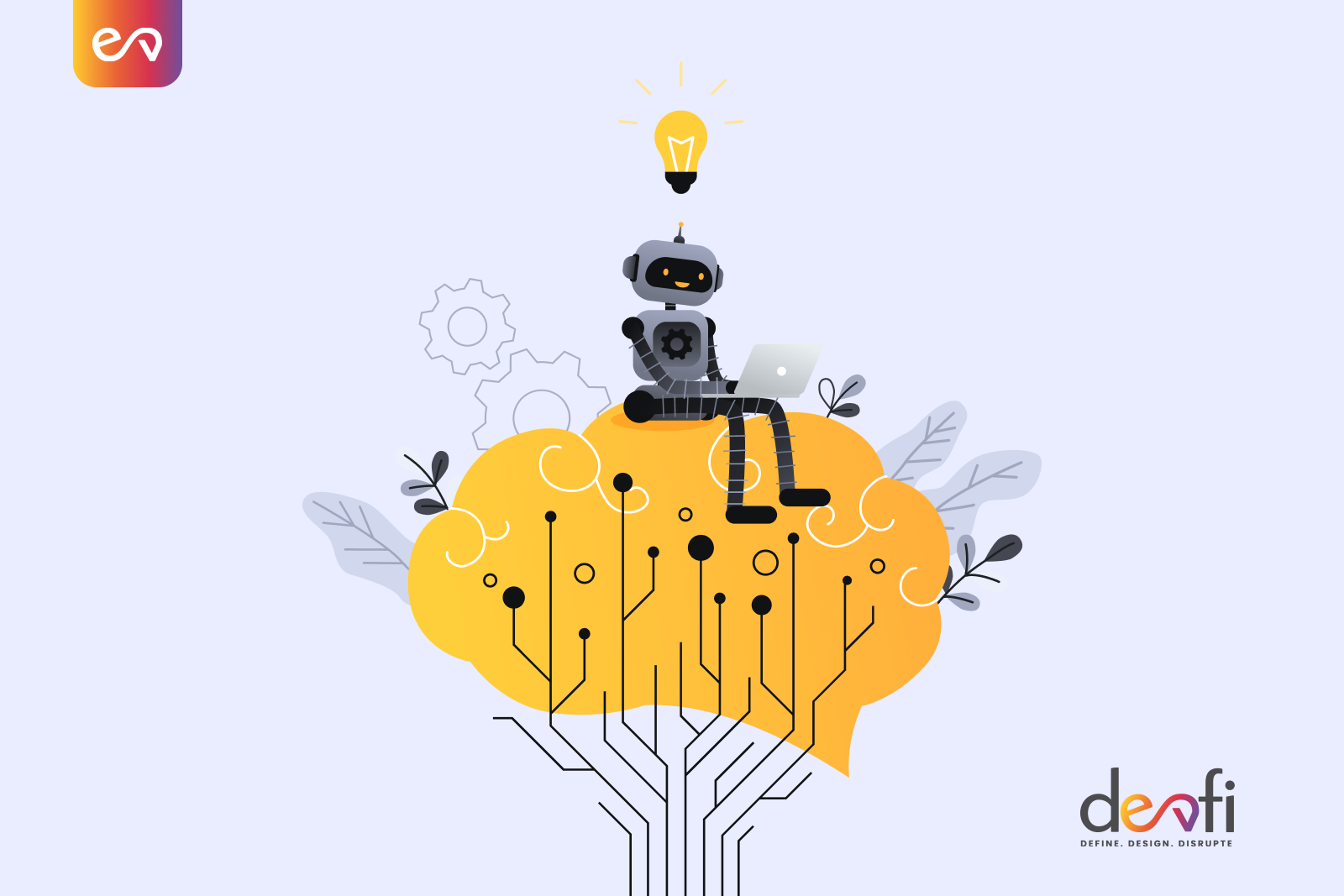Artificial Intelligence (AI) and Robotic Process Automation (RPA) are two vital technologies that can transform the way enterprises operate, especially when combined. In recent times, RPA and AI have helped several organizations significantly reduce their operating costs and improve their customer experiences. Individually, both the technologies are capable of delivering significant benefits, however, when used together, they deliver innovative and transformative solutions that enhance business performance and productivity, along with reducing operational risks.
RPA – The First Step of Hyper-Automation
RPA is a type of software that enables organizations to automate and execute certain tasks and processes either autonomously or with human intervention to a certain extent. As this type of software does not require the use of expensive technology components and is mostly UI-based, it brings about a good return on investment (ROI) by freeing up resources for other business activities. Through the use of RPA, developers can create bots that mimic the actions of a human while carrying out a business process. Through a user interface, these bots/programs can capture data and perform various tasks, communicate with other systems, trigger responses, interpret results, and execute various repetitive tasks.
RPAs are not intelligent enough to drive intelligent automation by themselves. Instead, they need to be combined with other cognitive tools such as artificial intelligence (AI) and machine learning to augment RPA’s automation powers with AI’s thinking capabilities to emulate human behavior. And, once intelligent automation is implemented within an organization, it begins to move toward hyper-automation, which means that every aspect of a business process can be automated end-to-end.
Hyper-automation is a process-oriented approach that enables businesses to quickly identify and automate processes through the use of technologies like artificial intelligence and robotic process automation. Gartner predicts that the worldwide market for the technologies that enable hyper-automation will reach $596.6 billion in 2022. Tools and technologies like RPA, AI, and low-code application platforms are much in demand as they can be used in any organization across multiple use cases and are considered to be process-agnostic tools for hyper-automation.
Ways AI is Complementing RPA
AI is an umbrella and a broader term for technologies like Machine Learning, Natural Language Processing (NLP), Deep Learning, etc which when combined with RAP enable intelligent automation that mimics human behavior, judgment, and rationale. Following are a few examples of how RPA coupled with AI technologies can benefit any enterprise.
Enrich customer experience
One of the main uses cases for cognitive robots is to help resolve customer issues. According to a report by Gartner, by 2022, 20% of the customer service tasks will be performed by conversational agents. With the help of conversational agents, organizations can improve their customer service and experience by delivering fast and accurate responses to their inquiries and claims. Cognitive robots can help organizations lower their costs and increase their efficiency with quick responses, reducing service costs, streamlining customer service, etc. With the help of intelligent automation, organizations can collect and analyze data related to their customers from their interactions with them in real-time.
Enhance productivity
The ability to automate and transform complex processes and applications allows organizations to improve their productivity, efficiency, and accuracy as automated decision-making along with forecasting and predictions from structured and unstructured data enables faster planning and execution across the organization.
Improve accuracy
The use of structured and unstructured data allows organizations to improve decision-making and reduce human intervention. The use of OCR technology can help minimize manual data entry and improve data accuracy minimizing human errors.
Intelligent Automation – Use Cases
Being a cognitive technology, intelligent automation can seamlessly work with unstructured data that can handle various use cases. A few crucial ones include the following:
Invoice processing
Most large companies face the challenge of handling the processing of their various invoices of different formats and contain large amounts of unstructured data. Intelligent automation uses various technologies like Natural Language Processing, Machine Learning, and OCR to analyze the content of a document and extract relevant information.
Payroll
The repetitive task of processing payroll is a time-consuming and tedious process for an organization’s HR department. The manual data entry process can lead to delays in the processing of payments and complaints from employees. With the help of intelligent automation, HR departments can reduce the time and effort involved in this process by checking relevant data about the employees (like timesheets, deductions, etc) across multiple systems. Intelligent automation can also automate the various steps involved in the salary preparation process, manage the various aspects of employee payments and complaints, and automate end-to-end payroll transactions.
Chatbots
A chatbot can help improve the customer experience by taking care of mundane tasks, such as managing different orders and providing personalized recommendations. Unfortunately, chatbots can’t complete certain tasks on their own. However, they can provide actionable data to a bot, which can then complete the tasks automatically. This can improve the customer experience and reduce the burden on overworked executives.
The combination of AI and RPA can provide significant cost and time savings. However, it’s important to choose the right tools and processes to implement the most effective and successful RPA solution. As the industry continues to develop, more companies will start realizing the benefits of RPA-integrated AI technology to grow and scale.
At Devfi, we have the expertise in implementing and managing RPA solutions. Our goal is to help our clients achieve maximum efficiency and lower overhead costs with minimum disruption to their existing systems. To learn more about how we can help you, contact us.






